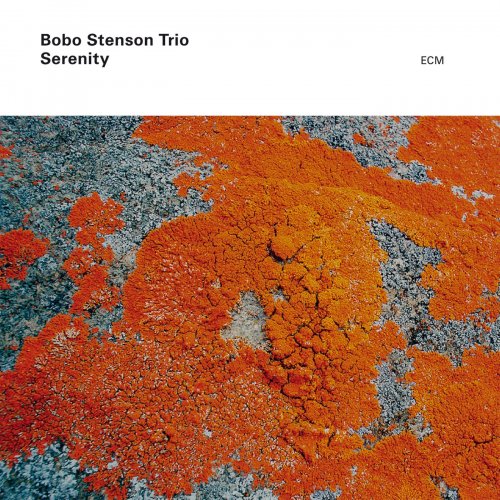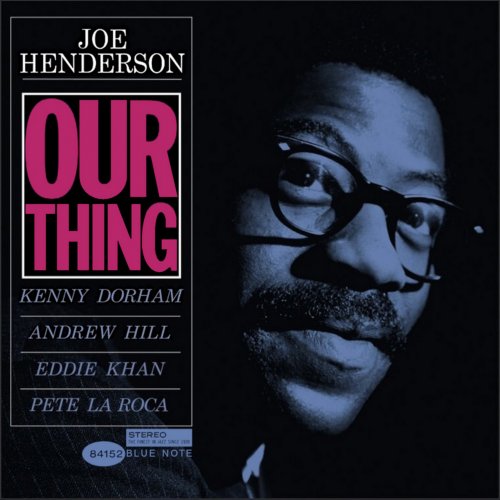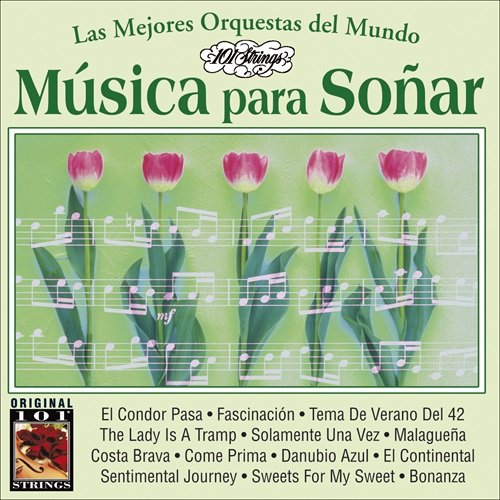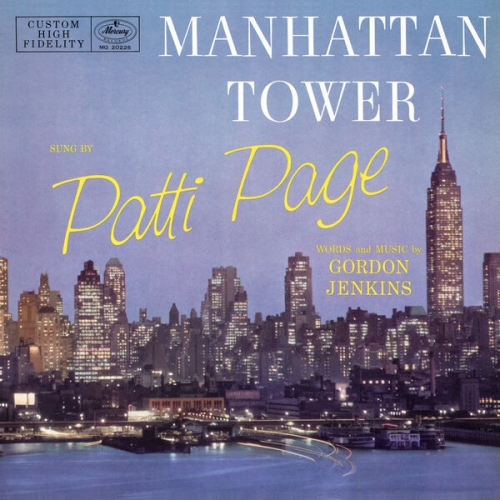Bobo Stenson Trio - Serenity (2000)

Artist: Bobo Stenson Trio
Title: Serenity
Year Of Release: 2000
Label: ECM
Genre: Jazz
Quality: FLAC (tracks) / MP3 320 Kbps
Total Time: 01:30:38
Total Size: 440 Mb / 233 Mb
WebSite: Album Preview
Tracklist: Title: Serenity
Year Of Release: 2000
Label: ECM
Genre: Jazz
Quality: FLAC (tracks) / MP3 320 Kbps
Total Time: 01:30:38
Total Size: 440 Mb / 233 Mb
WebSite: Album Preview
CD 1
1. T. 6:43
2. West Print 2:21
3. North Print 2:01
4. East Print 2:38
5. South Print 2:29
6. Polska Of Despair (II) 4:37
7. Golden Rain 5:12
8. Swee Pea 6:51
9. Simple & Sweet 8:14
10. Der Pflaumenbaum 4:31
CD 2
1. El Mayor 5:26
2. Fader V (Father World) 7:20
3. More Cymbals 4:14
4. Extra Low 0:38
5. Die Nachtigall 4:48
6. Rimbaud Gedicht 3:12
7. Polska Of Despair (I) 6:51
8. Serenity 5:16
9. Tonus 6:14
Personnel:
Bobo Stenson, piano
Anders Jormin, double-bass
Jon Christensen, drums
Serenity is the Bobo Stenson Trio’s night and day. With bassist Anders Jormin and drummer Jon Christensen, pianist Stenson has not only carved a niche for himself but has also redefined the tools with which he carves. With this date the Trio takes itself to yet another level, fashioning anew the very material to which those tools are laid. Something in the opening harmonics of “T.” tells us so. Blossoming against percussive footfalls, Jormin dances a tango of shadow and light into cool slumber, the dreams of which are mapped by the cardinal points of the next four tracks (“West Print,” “North Print,” “East Print,” “South Print”), each a magnetic improvisation which draws its directionality not only from the earth but also from the gravity of our emotions. The surest of these attractions brings us into the exigencies of the “Polska of Despair (II).” This chromatic twist never winds into the legs it needs to stand but only dissolves even as it hoists itself up on crumbling melodic crutches. In “Golden Rain” Jormin’s bass emotes as if a tree might sing, dropping fruit to the tune of Christensen’s cymbals as Stenson’s keys take in their surroundings like chlorophyll to sunlight. The nod to Wayne Shorter (“Swee Pea”) that follows sounds more like the rain that precedes it in title, falling as it does with the rhythm of a weeping cloud. And by the time Jormin redraws those paths with a recognizable surety, we accept it not as a resolution but as an amendment to its scattered beginnings in the piano’s fertile soil. “Simple & Sweet” begins with a protracted intro from Jormin, which after two and a half minutes of brilliance guides Stenson into view against an organic flow from Christensen. This is followed by Hanns Eisler’s “Die Pflaumenbaum,” one of the most reflective turns in the album’s passage. Christensen is brilliant on cymbals along the way, with nary a drum in earshot. “El Mayor” (Silvio Rodriguez) smoothes us out into the comforts of another rainy afternoon, threading itself through every droplet with a grace of a prayer and the immediacy of its answering. Jormin stands out yet again, playing almost pianistically, while Stenson proves that in the sometimes mountainous terrain of the ballad he is our most reliable Sherpa. The haunting group improvisation “Fader V (Father World)” is deep to the last drop, beginning inside the piano (as if in the heart) and drawing from it an array of ribbons around the maypole of memory. Yet the pace is contemplative, filled with bittersweet joy. Jormin’s bass rings true like the voice of the past, at once domineering and loving. “More Cymbals” might as well be Christensen’s middle name, though its results forefront only whispering rolls along with Jormin’s pained arco trails. “Die Nachtigall” (Hanns Eisler) is another foray into smoother territories. It brushes its way through space and time like a street sweeper in the mind, quarantining all the refuse of a varicolored life into the sewers—only we follow it through those corroded pipes, past families of rats and dim reflections and out into the ocean where they are reborn along the waves. The rubato smattering of sticks and strings that is “Rimbaud Gedicht” brings us at last to the most awesome track on the record: “Polska of Despair (I)” embodies the perfect combination of propulsive drumming, buoyant bass work (Jormin even pays brief homage to Andersen’s “305 W 18 St” in his solo), and soaring pianism that every trio aspires to. Finally, “Tonus” is classic Stenson. Around a bass line for the ages he weaves vivacious improvisational lines into a braid from which we may wish never to detangle ourselves.
The topography of Serenity is as varied as that of life, speaking to and from the heart of what this outfit is capable of. This record is first and foremost about clarity, second about a distant storm whose image is its soundtrack. In balancing these two forces—circumstance and memory—Stenson and company forge a shining star whose light illuminates everything that we are. It’s easy to let the spell of its lyricism wash over you like a song, but we are reminded that the Trio speaks as much as it sings, bringing life to a vocabulary that can only be uttered at the keyboard, fingerboard, and drum, each traipsing at the edge where words fail.
The topography of Serenity is as varied as that of life, speaking to and from the heart of what this outfit is capable of. This record is first and foremost about clarity, second about a distant storm whose image is its soundtrack. In balancing these two forces—circumstance and memory—Stenson and company forge a shining star whose light illuminates everything that we are. It’s easy to let the spell of its lyricism wash over you like a song, but we are reminded that the Trio speaks as much as it sings, bringing life to a vocabulary that can only be uttered at the keyboard, fingerboard, and drum, each traipsing at the edge where words fail.



![Toshi Tsuchitori, Ryuichi Sakamoto - Disappointment–Hateruma (2026) [Hi-Res] Toshi Tsuchitori, Ryuichi Sakamoto - Disappointment–Hateruma (2026) [Hi-Res]](https://img.israbox.com/img/2026-02/27/0xnicsyi5sdb8v2xp0fiz1kew.jpg)




![Samir Aouad - Casablanca (2026) [Hi-Res] Samir Aouad - Casablanca (2026) [Hi-Res]](https://img.israbox.com/img/2026-02/26/cpef8nay7or1kmufgugfd6uy0.jpg)